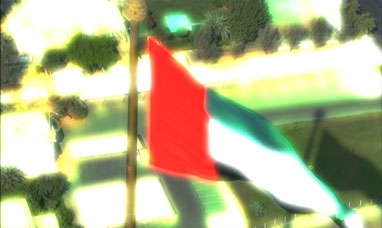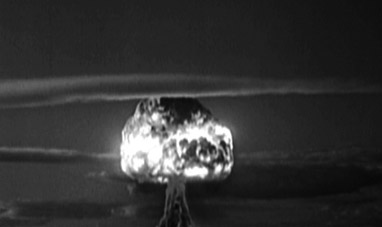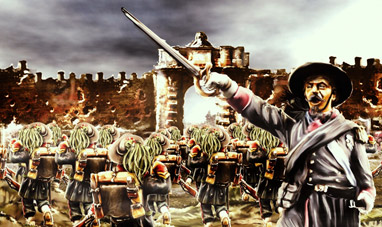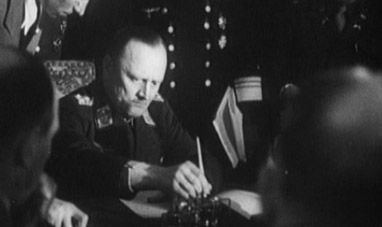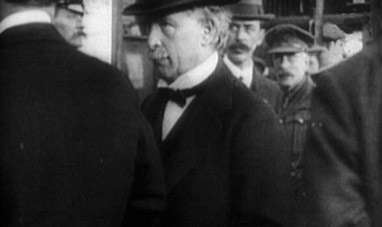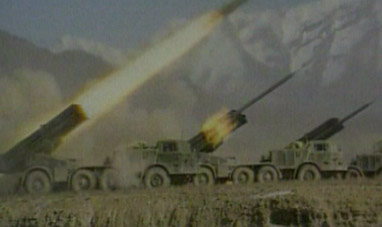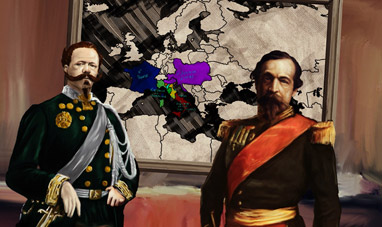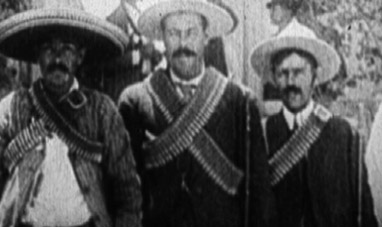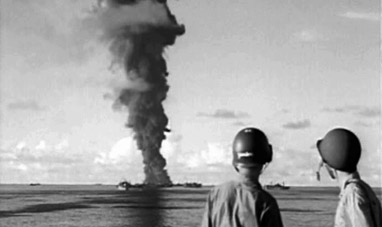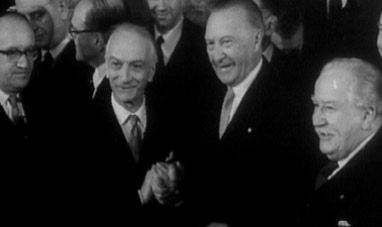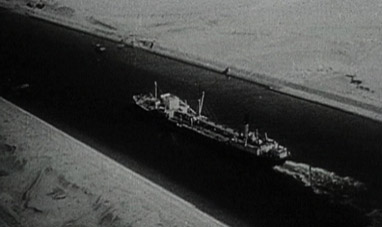On June 5, 1967, the Israeli air force attacked Egypt, Syria and Jordan, marking the start of the Six Day War.On May 14, 1948 the state of Israel was established in the Middle East. This new territory was inhabited by Jews and surrounded by Arab nations. The first Arab-Israeli war took place between May 1948 and January 1949. Israel won the conflict. The Suez Crisis marked the second chapter in the clash between Israel and the Arab world. After 11 years of Israeli raids on surrounding areas and attacks on Israel by Arab countries, tensions fully exploded in 1967.
Egyptian President Gamal Abdel Nasser successfully sought the withdrawal of UN troops from the Sinai Peninsula. They had been stationed there to maintain peace between Egypt and Israel. Afterward, Nasser closed the gulf of Aqaba to the Israeli navy and sent his troops to the Israeli border. Nasser also formed a defensive alliance with Syria and Jordan. They received military support from other Arab states including Iraq, Saudi Arabia, Kuwait and Algeria. The Soviet Union also backed the Arabs.
Israel felt threatened, but attempts to use diplomacy failed. The situation grew more difficult day after day. Israel obtained tacit support from the US, which had a friendly relationship with the Jewish state. It decided to make a preemptive strike in order to avoid being surrounded. On June 5, 1967 the Israeli air force launched a surprise attack on Egypt’s air bases. The war had begun.
The Egyptian air force was destroyed in a single day. It had been considered the best in the Arab world. The same fate befell the air forces of Syria and Jordan. The Israeli army proved formidable. After gaining control of the skies, in barely six days they overcame their enemies on three different fronts. The Israelis defeated Egypt to take control of the Sinai Peninsula and Gaza Strip. Israel also defeated Jordan, thus gaining territories east of the Jordan River and the Arab portion of Jerusalem. Ignoring the UN’s call for a ceasefire, Israel went on to conquer the Golan Heights, which were previously in Syrian territory.
By the end of the war on June 10, Israel had quadrupled its territory. The myth of the invincible Israeli army was born. The balance of power in the Middle East was turned upside down. Since Israel was a US ally, the USSR was worried about Israeli expansion. The Soviets thus pressed the UN to intervene and order Israel to withdraw from the occupied territories. But the resolution didn’t pass. Arabs reacted quickly. They initiated numerous guerrilla attacks, which in turn sparked retaliation from Israel. The territorial issues are unresolved to this day, and remain a source of tension and conflict between Arabs and Israelis.
Egyptian President Gamal Abdel Nasser successfully sought the withdrawal of UN troops from the Sinai Peninsula. They had been stationed there to maintain peace between Egypt and Israel. Afterward, Nasser closed the gulf of Aqaba to the Israeli navy and sent his troops to the Israeli border. Nasser also formed a defensive alliance with Syria and Jordan. They received military support from other Arab states including Iraq, Saudi Arabia, Kuwait and Algeria. The Soviet Union also backed the Arabs.
Israel felt threatened, but attempts to use diplomacy failed. The situation grew more difficult day after day. Israel obtained tacit support from the US, which had a friendly relationship with the Jewish state. It decided to make a preemptive strike in order to avoid being surrounded. On June 5, 1967 the Israeli air force launched a surprise attack on Egypt’s air bases. The war had begun.
The Egyptian air force was destroyed in a single day. It had been considered the best in the Arab world. The same fate befell the air forces of Syria and Jordan. The Israeli army proved formidable. After gaining control of the skies, in barely six days they overcame their enemies on three different fronts. The Israelis defeated Egypt to take control of the Sinai Peninsula and Gaza Strip. Israel also defeated Jordan, thus gaining territories east of the Jordan River and the Arab portion of Jerusalem. Ignoring the UN’s call for a ceasefire, Israel went on to conquer the Golan Heights, which were previously in Syrian territory.
By the end of the war on June 10, Israel had quadrupled its territory. The myth of the invincible Israeli army was born. The balance of power in the Middle East was turned upside down. Since Israel was a US ally, the USSR was worried about Israeli expansion. The Soviets thus pressed the UN to intervene and order Israel to withdraw from the occupied territories. But the resolution didn’t pass. Arabs reacted quickly. They initiated numerous guerrilla attacks, which in turn sparked retaliation from Israel. The territorial issues are unresolved to this day, and remain a source of tension and conflict between Arabs and Israelis.





